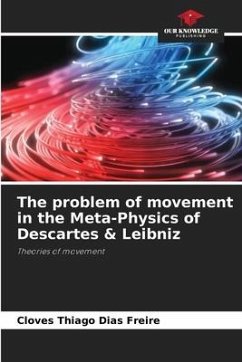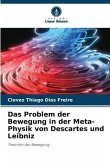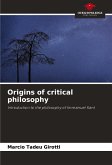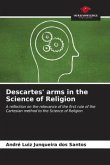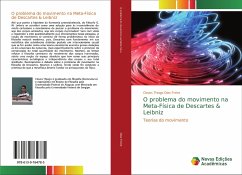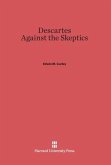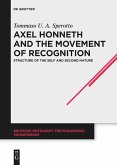To what extent does philosopher G.W. Leibniz's hypothesis of pre-established harmony constitute a solution to the inconsistencies of the Cartesian and Newtonian way of thinking about the problem of movement, whether of animate or inanimate bodies? Our research is aimed at answering this question. The notion of movement was problematic at the beginning of modern natural philosophy, because Descartes, based on his metaphysics of distinct substances, postulated a causal interactionism that, if accepted as a consistent theory, would lead to serious violations of the universal laws of nature, specifically the principle of conservation of the total quantity of movement. Newton, in trying to refute the Cartesian philosophy of the movement of inanimate bodies, adopts a notion of absolute space whose main ontological characteristics are the independence of bodies and their total similarity. We review the debate on the problem of movement in the philosophy of Descartes, Newton and Leibniz,based on the premise that metaphysics should be the foundation of physics.
Bitte wählen Sie Ihr Anliegen aus.
Rechnungen
Retourenschein anfordern
Bestellstatus
Storno

